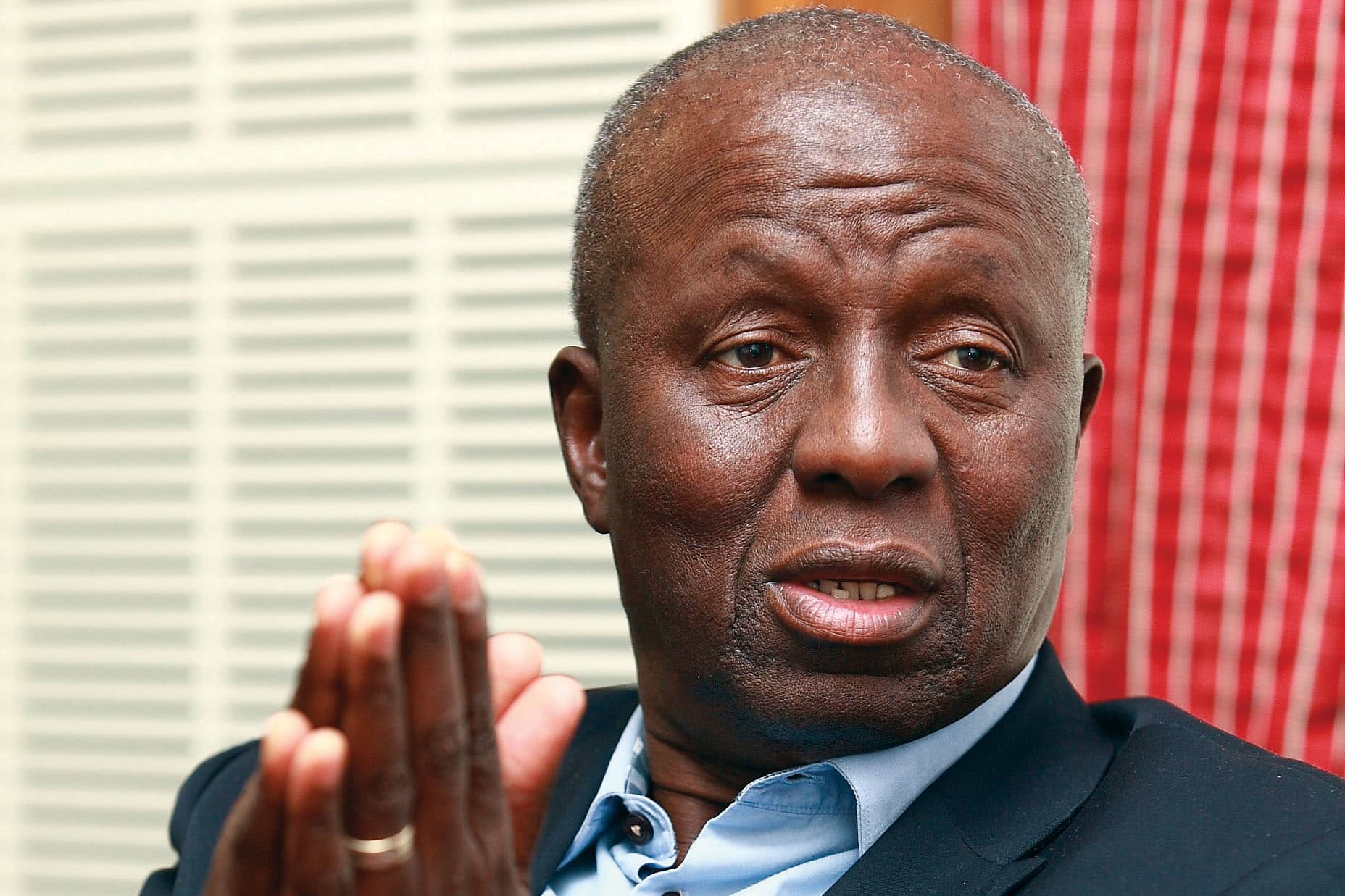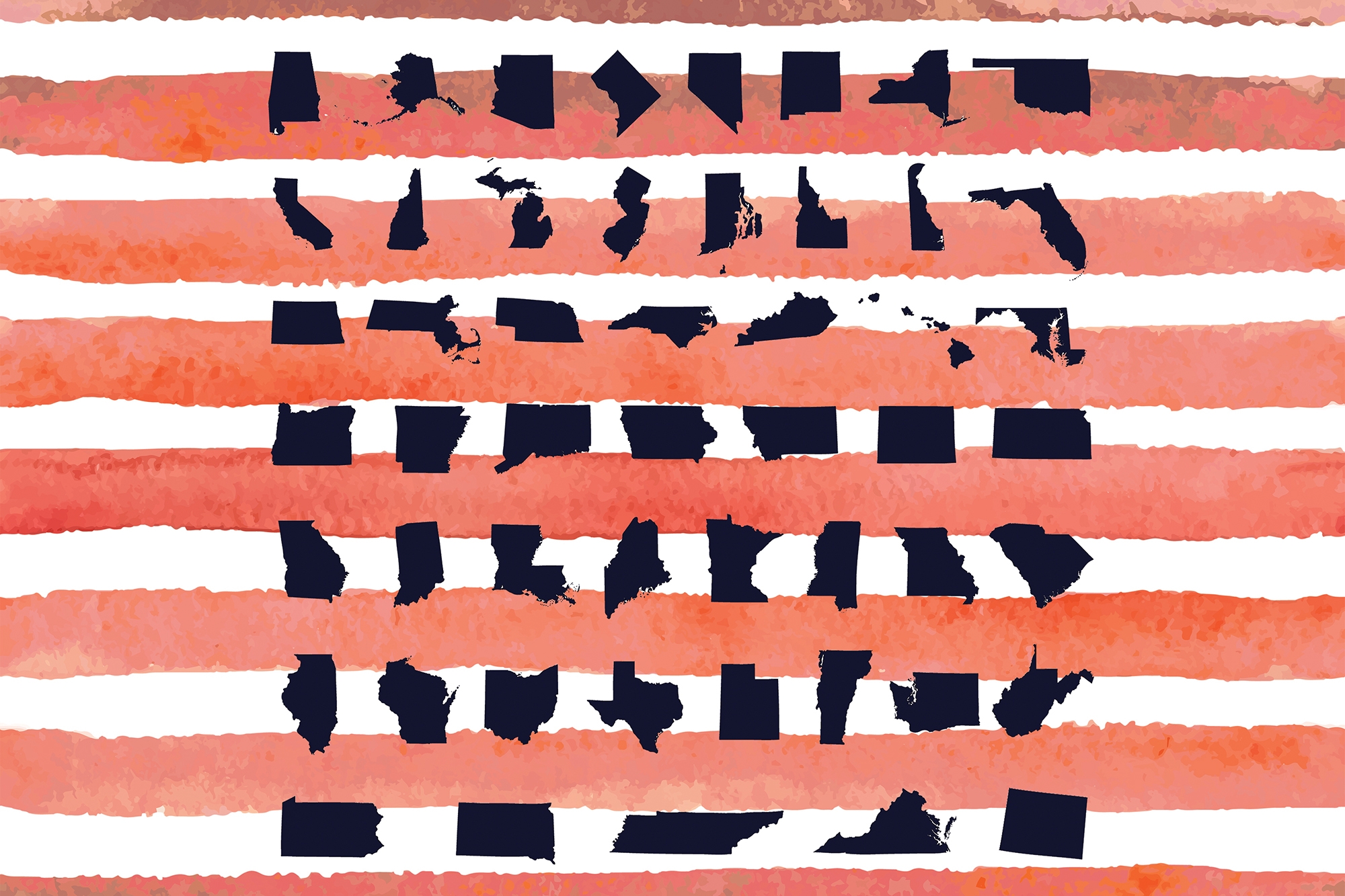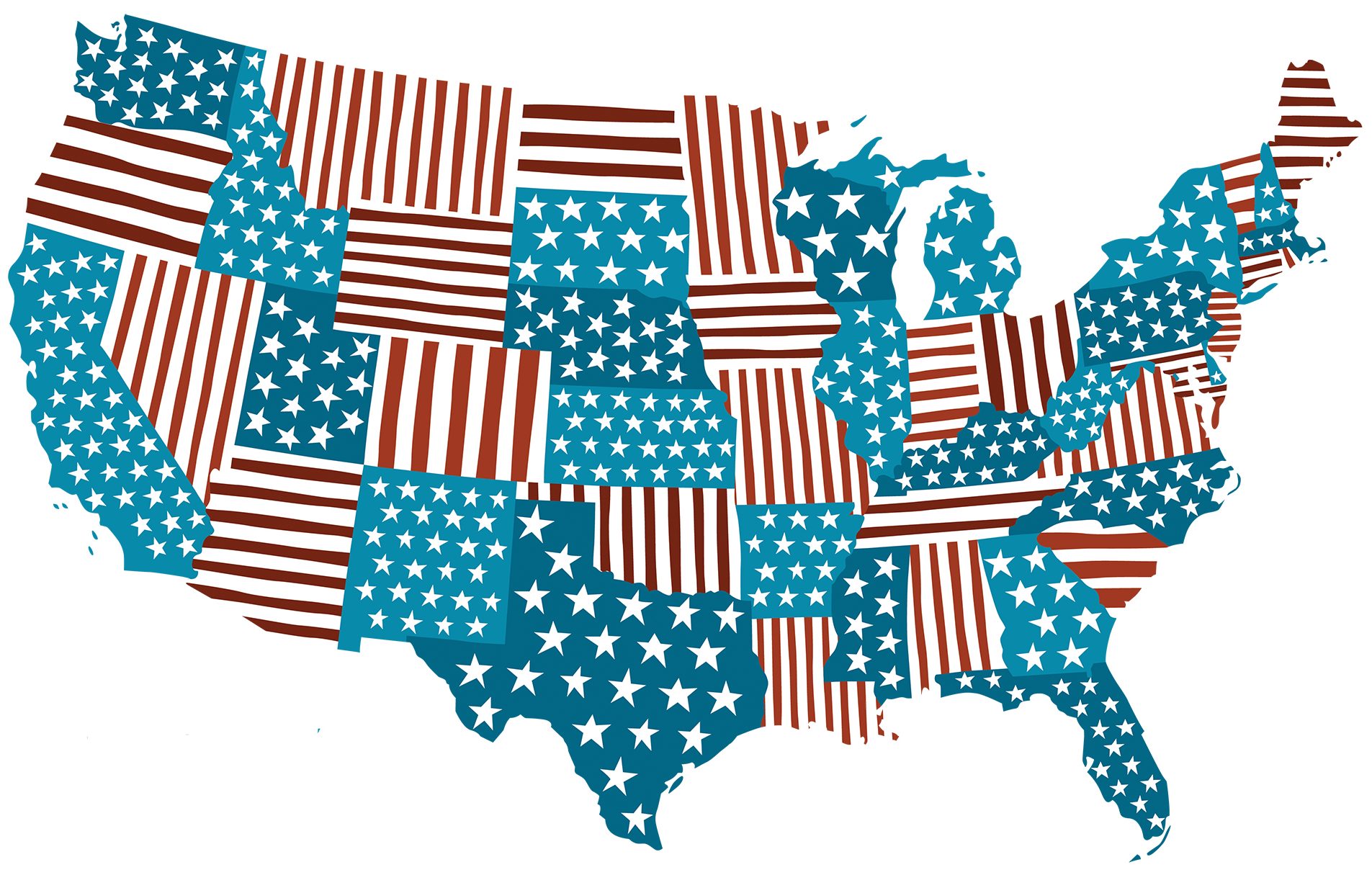 Feature
Feature
Courts and Congress are, at times, engaged in a kind of ongoing “conversation” about statutory law. Congress has exclusive power to enact statutes — but when statutory language is unclear, […]
 Briefs
Briefs
Dikgang Moseneke, an internationally revered jurist who helped build and lead a democratic South Africa as it emerged from apartheid, has been named the recipient of the 2020 Bolch Prize […]
 From the Publisher
From the Publisher
What an honor it is for me to greet you as the inaugural director of the Bolch Judicial Institute of Duke Law School. As you will read in this journal, […]
 Feature
Feature
When Justice Ann A. Scott Timmer was given the opportunity to write on a topic of her choosing as part of Duke Law’s Master of Judicial Studies program, she gravitated […]
 From the Publisher
From the Publisher
We received news of Associate Justice Anthony M. Kennedy’s retirement as we prepared this edition of Judicature for printing. We look forward to paying tribute to him in a later […]
 Feature
Feature
by David F. Levi, Samuel A. Alito, Anthony M. Kennedy and Allyson K. Duncan
Vol. 103 No. 2 (2019) | Pay NCAA athletes?Excerpts from the 2019 Bolch Prize for the Rule of Law ceremony On April 11, 2019, the Bolch Judicial Institute presented its inaugural Bolch Prize for the Rule of Law […]
 In Conversation
In Conversation
by Joan Larsen, David F. Levi, Allison Eid, Goodwin Liu and Jeffrey S. Sutton
Vol. 103 No. 1 (2019) | Navigating Rough SeasJudge Jeffrey Sutton is one of our most respected and admired federal appellate judges. He has served on the Sixth Circuit, with chambers in Columbus, Ohio, since his appointment to […]
 In Conversation
In Conversation
Sergeant Isaac Woodard had just completed a three-year tour in a segregated unit of the United States Army. He boarded a Greyhound bus in Augusta, Ga., that would take him […]
 Feature
Feature
My title is “The Emergence of the American Constitutional Law Tradition,” and what I want us to think about today is the process by which American constitutional law came to […]
 Feature
Feature
The following is an excerpt from 51 Imperfect Solutions: States and the Making of American Constitutional Law (© 2018 by Jeffrey Sutton, published by Oxford University Press. All rights reserved.) […]